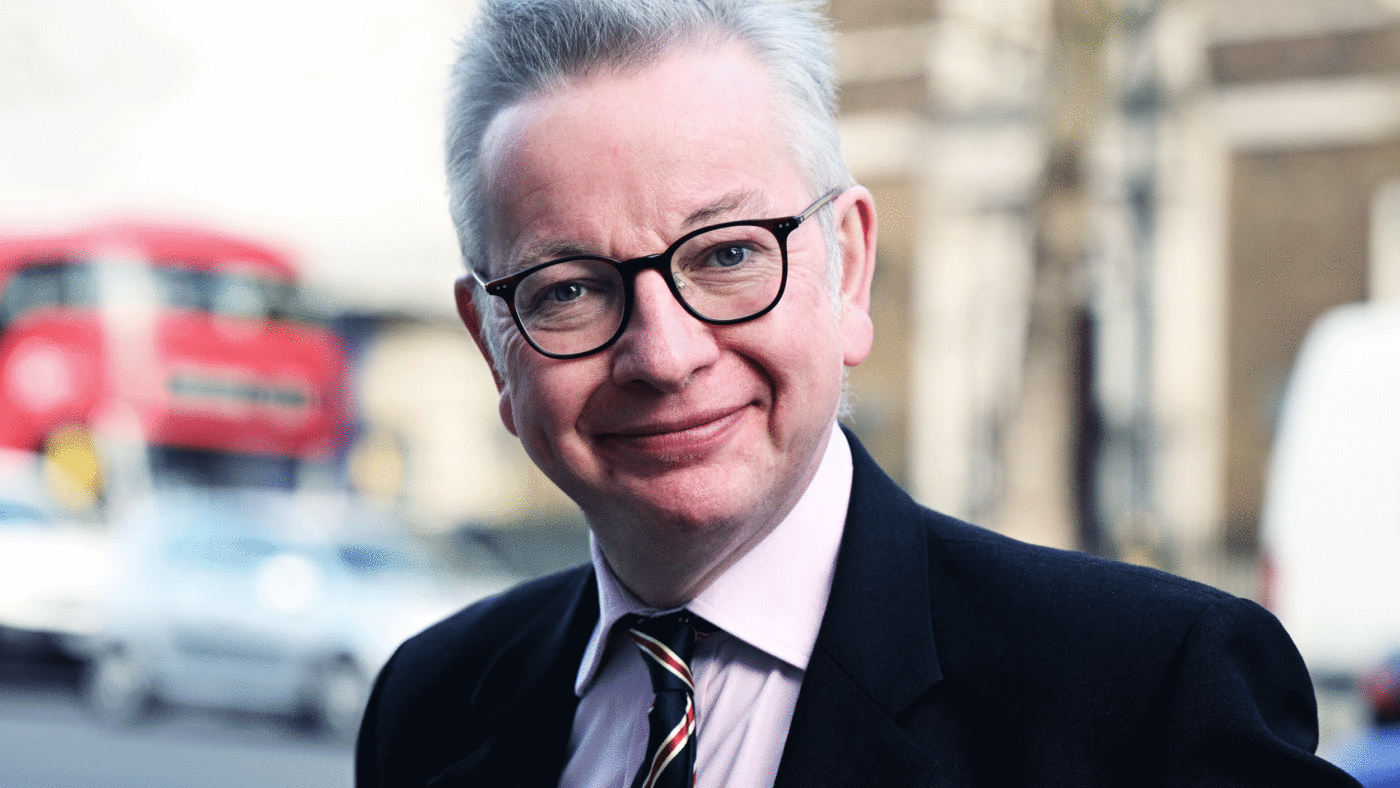Michael Gove has always been a unique, somewhat iconoclastic figure, unafraid to think the unthinkable and take on the forces of inertia and convention. It’s what’s burnished his reputation as one of Whitehall’s great reformers, particularly during his stint as Education Secretary in the Coalition government.
Lately, however, that iconoclasm has manifested itself in some claims about regional development and economics that are not so much unorthodox as plainly counter-factual.
Earlier this week, in a speech to northern leaders in Liverpool, the Levelling Up Secretary argued that the pronounced inequality between Britain’s regions undermined the ‘traditional economic view’ that ‘the market will find its own level’. If that logic were true on a national level, Gove argued, the high costs and congestion associated with London and the south-east would have seen activity shift elsewhere. He even called this school of thought ‘trickle down economics’ – an idea which is far more of a leftwing meme than a concept advocated by serious economists.
The argument about London and the south-east ‘overheating’ might make some intuitive sense at first glance. After all, big cities aren’t for everyone, and there’s no end of articles about distressed urbanites packing it all in to go and make hemp bags or run a cute B&B in Snowdonia. But those are mere footnotes to the main story: the fact that housing is expensive or lots of people want to drive around a city is a symptom of success, a sign of ample job opportunities and a thriving economy.
It was noticeable that Gove didn’t namecheck these ‘traditional’ economists who apparently think cities have some kind of maximum size before they start to become unattractive to businesses and people. After all, a glance at the history of the last few decades of countless new megacities would be enough to disabuse anyone of such a notion.
Equally puzzling was this remark about the merits of state intervention in the economy. ‘Unless government takes a lead,’ Gove said, ‘then what we see is an agglomeration effect’.
This is a decidedly strange argument. Agglomeration effects are, essentially, what’s responsible for the increasing returns to scale as cities grow. That is, when more people meet they build transferable skills, exchange ideas and create innovative products. There is also greater specialisation, so you end up with more cultural institutions, hospitality and entertainment. Together this makes a megacity like London increasingly attractive over time and drives global trends towards urbanisation. The reverse is also true, of course – so cities with poor local transport such as Birmingham, are not as productive as they might be if they were better connected.
Why the state should intervene to stop agglomeration effects is unclear, particularly when the recent Levelling Up White Paper specifically acknowledged that historic success, from Jericho to the Medicis, comes from ‘the magnetic attraction of people, culture, commerce and finance spreading ideas, innovation and ultimately growth’.
Gove’s real complaint isn’t so much about a particular economic concept, but the reality that ‘too much’ economic activity is going on in London and the south-east, at the expense of the rest of the country. Leaving aside the somewhat zero-sum argument underpinning this view, the big problem is his preferred solution – brute forcing economic change through public spending and ministerial fiat. History, not economic theory, shows that economic successes emerge organically, not by central diktat.
There was some light at the end of the tunnel, however. While his anti-trickle down and pro-state message might have been playing to the gallery (particularly in a city as leftwing as Liverpool), Gove was at least clear that ‘what we cannot, should not do and must not do is direct capital investment and direct the private sector where to go’.
Let’s hope we hear more of this kind of pro-enterprise sentiment, and less of the New Labour light statism from now on – though I won’t be holding my breath.
Click here to subscribe to our daily briefing – the best pieces from CapX and across the web.
CapX depends on the generosity of its readers. If you value what we do, please consider making a donation.


